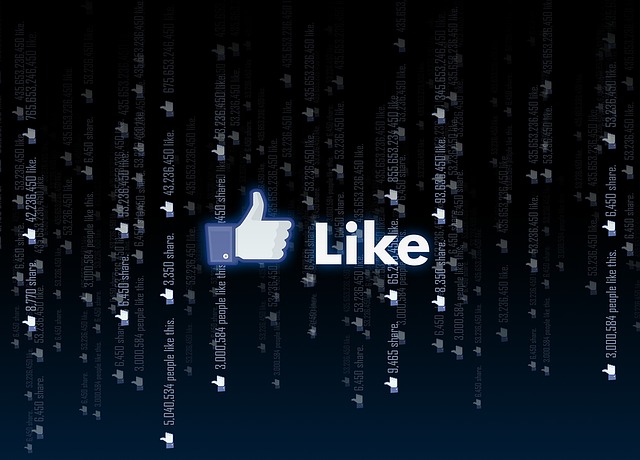Look…I work in website design. I understand “social media” as much as any socially incompetent, RPG-playing, XKCD-following, yes-I-have-a-Spock-fetish girl can possibly be expected to. But, can we be honest here? I am flummoxed by the ‘I like it” phenomenon.
I think we can blame Facebook for this one, but it’s spawned well beyond the realms of that bubonic plague of a website. The “tell me you like this” plea is everywhere, and I have no idea what I am supposed to do with it. The words do not mean what they would otherwise seem to mean. In the case of Stumbleupon, especially, a “like” will alter my future stumbling experience, it will also ensure that a site shows up on my “liked” list for anyone to see. But whether I actually Liked it or not (as an emotional response, you understand) is only one tiny part of the equation. What would Amy Vanderbilt do? *
So, can anyone answer me this question:
It’s late at night, you’ve had a few whiskeys, and you’re hitting Stumble. As you do. You find a site that’s so damned wrong that you want everyone else you know to know how wrong it is…do you say “I like it”, just so you can point it out to your friends/associates/random people you only sort of know, with the full realization that you’re saying you like something you actually hate?
Or how ’bout this one:
You find a website that makes you laugh, but you know that you are a bad, bad person for laughing. Do you “like” that?
“Liking” things is a complicated process these days, much like “friending” someone used to be (I solved that by not friending anyone, anymore…it’s confusing enough to decide what “friends” are in real life, I can’t be bothered with Internet definitions). What you “like” becomes associated with you forever, and there’s no way of setting parameters around how and why you “liked” something, or what that “I like it” actually meant. We need more subtle definitions.
May I propose a few clarifying alternatives:
![]() I don’t really like this, but I want other people to see it to see how much I don’t like it.
I don’t really like this, but I want other people to see it to see how much I don’t like it.
![]() I feel guilty for laughing at this, so understand I know I’m an asshole.
I feel guilty for laughing at this, so understand I know I’m an asshole.
![]() Someone I like sent me this, so I’d feel bad if I didn’t at least acknowledge the friendship by saying “I like it”, too.
Someone I like sent me this, so I’d feel bad if I didn’t at least acknowledge the friendship by saying “I like it”, too.
![]() I actually like this a lot, but I feel cheesy for liking it, so understand I like it with irony attached.
I actually like this a lot, but I feel cheesy for liking it, so understand I like it with irony attached.
![]() I probably won’t like this tomorrow, but tonight I’m too drunk/tired/high on life to be discerning.
I probably won’t like this tomorrow, but tonight I’m too drunk/tired/high on life to be discerning.
![]() I’m only liking this so I can find it later (and I can’t be bothered organizing my fifty thousand bookmarks, so I’d never find it there).
I’m only liking this so I can find it later (and I can’t be bothered organizing my fifty thousand bookmarks, so I’d never find it there).
![]() In comparison to the last fifteen things I just saw on the internet, this suddenly seems pretty damned good.
In comparison to the last fifteen things I just saw on the internet, this suddenly seems pretty damned good.
All I’m saying is “thumbs up” / “thumbs down” is not the height of human expression. Maybe we need a little more subtlety.
*Note: It may seem weird that I’m bringing A.V. into this. If so, you were clearly not the kind of kid who realized at the cusp of puberty that you apparently did not get the “social nuances” of those around you and felt the need to consult an expert on how to get along in the world. I read that book cover to cover three times. I know what a shrimp fork looks like and where you put it on the table. I still don’t know what to say at dinner, though.

7 thoughts on “What Does “I Like It” Mean?”
Comments are closed.